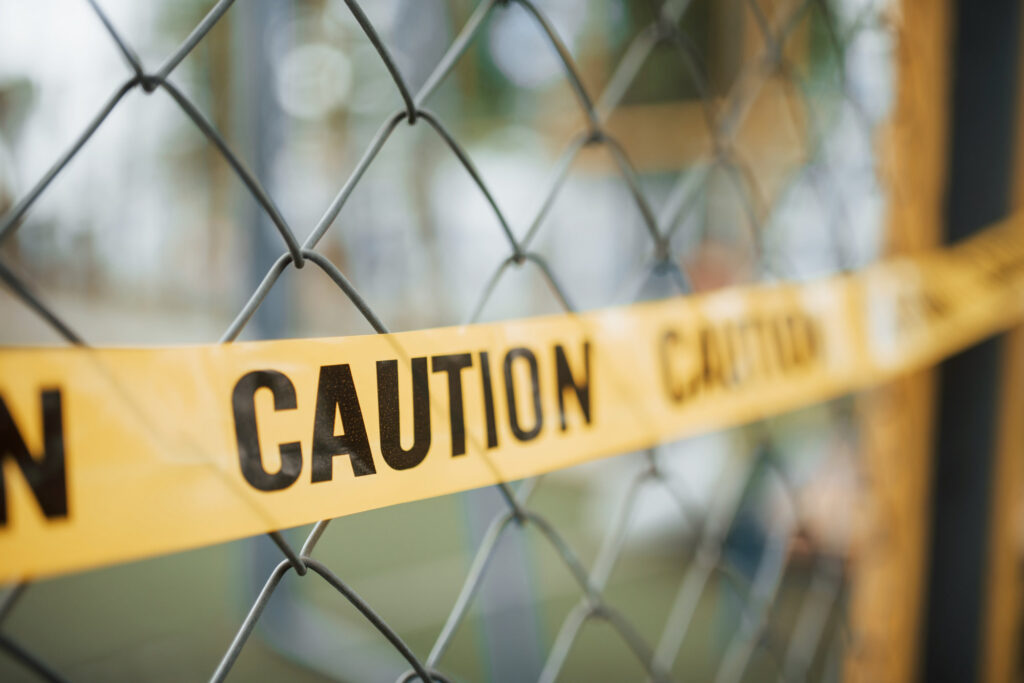
Charity probate fraud: warning signs and prevention strategies for charities


In the last few months we have seen a rise in fraud and financial abuse in legacy cases.
To help charities navigate these challenges, our article outlines the different types of fraud to help you identify key warning signs and provides steps for addressing suspected fraudulent activity.
Common forms of inheritance fraud
Fraud can take many forms, below are some of the most common tactics we see in legacy cases.
- Forged wills: Creating a fake will with the deceased's signature to name a different beneficiary.
- Undue influence: Compelling a vulnerable person to change their will in favour of another party.
- Concealing assets: Hiding valuable property or financial accounts belonging to the deceased.
- False debt claims: Fabricating debts owed by the deceased to draw off estate funds.
- Impersonation scams: Presenting as a legitimate executor or beneficiary to gain access to estate funds.
- Destruction of wills: Intentionally destroying a valid will to benefit a preferred beneficiary.
Probate fraud red flags
Recognising red flags early can help prevent financial abuse and ensure that the will's true intentions are honoured. Here are some of the key warning signs to watch for when assessing the validity of a will.
Red flags that may signal fraud in probate matters:
- Sudden changes to a will, especially close to the deceased's death
- Unfamiliar beneficiaries receiving large portions of the estate
- Missing documentation or discrepancies in financial records
- Unusual withdrawals or transfers from the deceased's bank accounts prior to death
- Suspicious changes in the executor's identity
- Witnesses to the will who are not easily traceable or have passed away
- A beneficiary who was heavily involved in the will-making process
What to do if you suspect probate fraud
If you suspect fraudulent activity in the administration of an estate, it is crucial to act swiftly and with caution.
- Contact any co beneficiaries, excluding the suspected fraudster.
- Consult a lawyer; Seek legal advice immediately if you believe there may be fraudulent activity related to a will or estate.
- Gather any documents or information that could support your suspicions, including copies of wills, bank statements, and correspondence that you have authority to access.
- Consider contacting the relevant authorities: If there is compelling evidence of a crime being committed you may consider contacting the police or Action Fraud. This can be a delicate balance between duty and PR implications for Charities to consider.
Get in touch
Whether your charity is looking for some assistance with a matter which has become contentious, or you are suspicious of any potential fraud, our Contentious Probate team can help. Please contact Emma Facey who will be able to review any matters and provide guidance.












